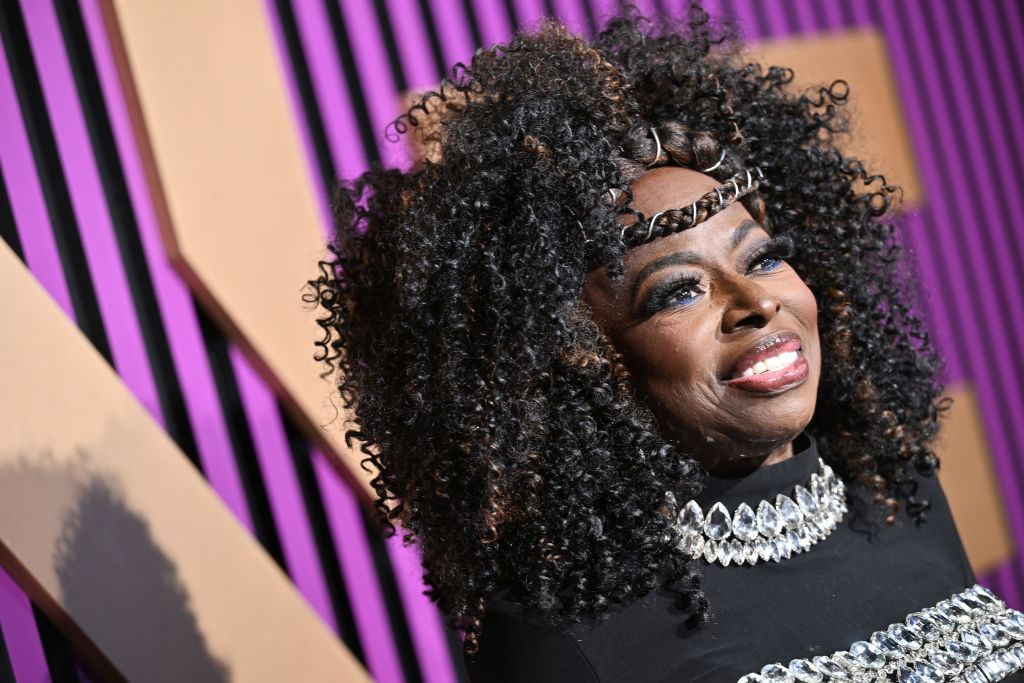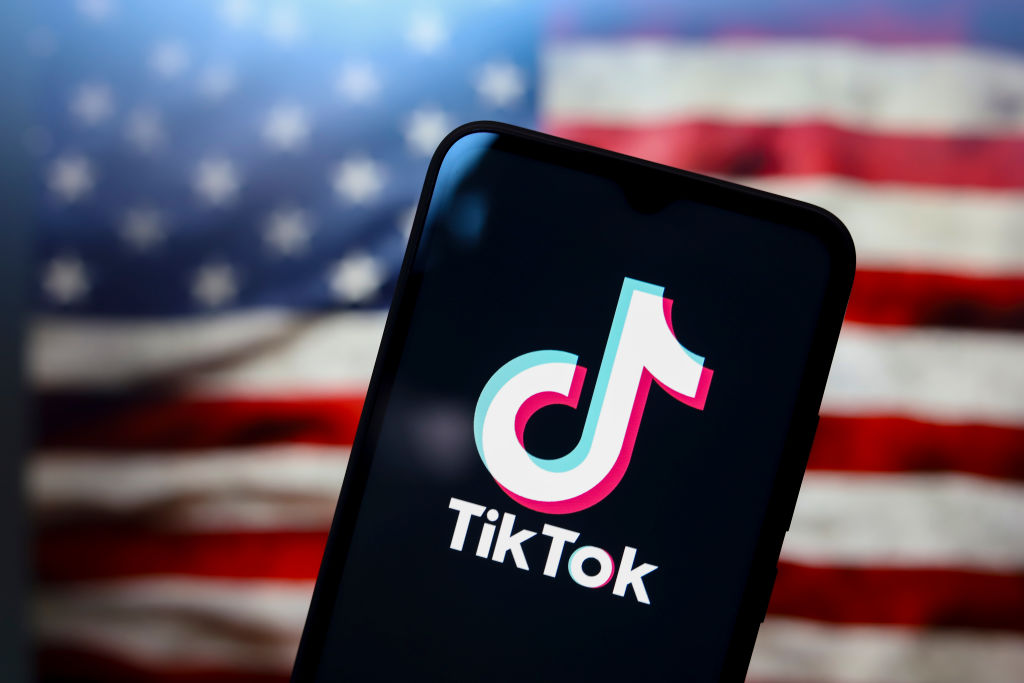Greg Francis is an attorney who landed a $1.25 billion settlement for Black farmers, the largest settlement of its kind in American history.
In his new book, “Just Harvest: The Story of How Black Farmers Won the Largest Civil Rights Case against the U.S. Government,” he details just how he managed to do that.
“The one thing I learned from that case is that all those farmers wanted was a chance,” Greg Francis said to Black News. “They didn’t ask for anything extra. They just wanted to be treated, and to be given the same opportunities, as everyone else. That’s all any of us want.”
The “Black Farmers Case,” as it’s known in legal circles, was a class-action civil rights case filed by more than 20,000 Black farmers, and their descendants. Their claim was based on the ongoing disparate treatment of Black Farmers across the United States — a disparity which the Biden administration is currently trying to take steps to ameliorate.
Back in March 2021, the Biden administration announced that Black farmers will receive $5 billion from the proposed $1.3 trillion relief plan for Americans battered by the COVID-19 pandemic.
Whether this promise of funds is a direct result of Greg Francis and his “Black farmers” lawsuit is, of course, up for debate. However, it’s worth noting that the Biden proposal is the largest relief package proposed to Black farmers in American history.

But from 1981 to 1996, Black farmers suffered discrimination on a systemic level at the hands of the USDA. They were denied loans, subsidies, and other benefits which their white counterparts took for granted.
Since 2010 — when the lawsuit was finally closed — the United States has seen a 9% increase in Black-owned farms, and that number is projected to grow year-over-year.
In addition to the new book, Greg Francis has formed the Just Harvest Foundation, a not-for-profit that invests in the infrastructure of the Black family, creates educational opportunities for Black youth, and encourages the creation of new Black-owned businesses and more support of those already existing.

















